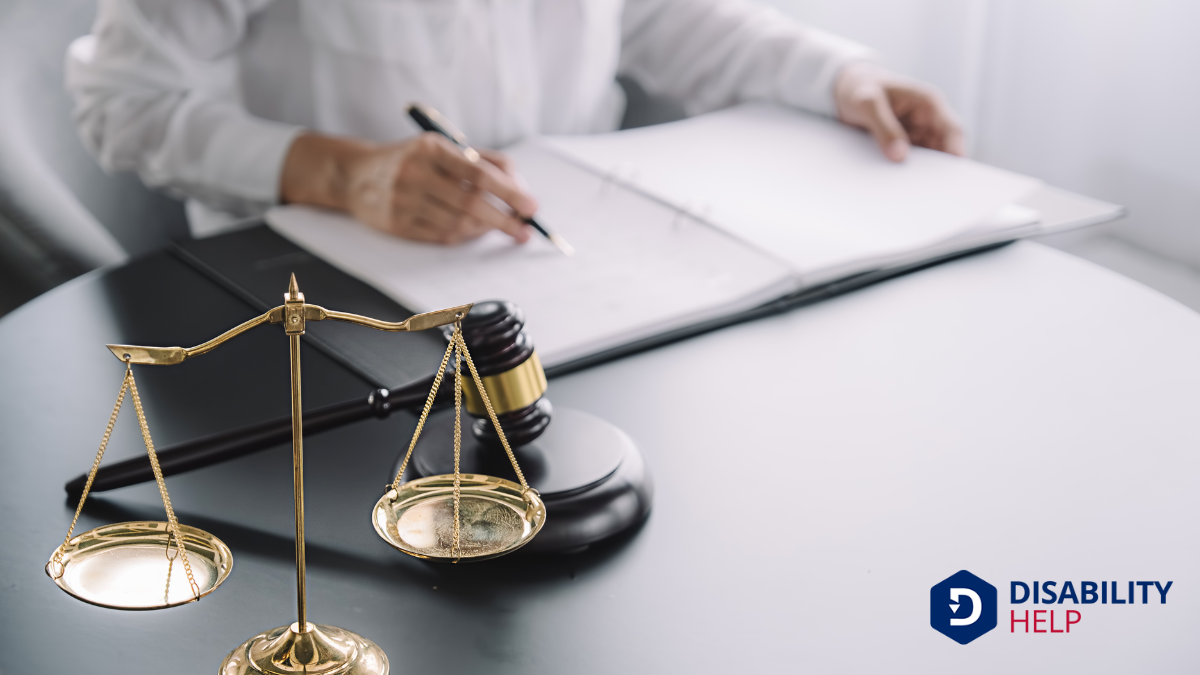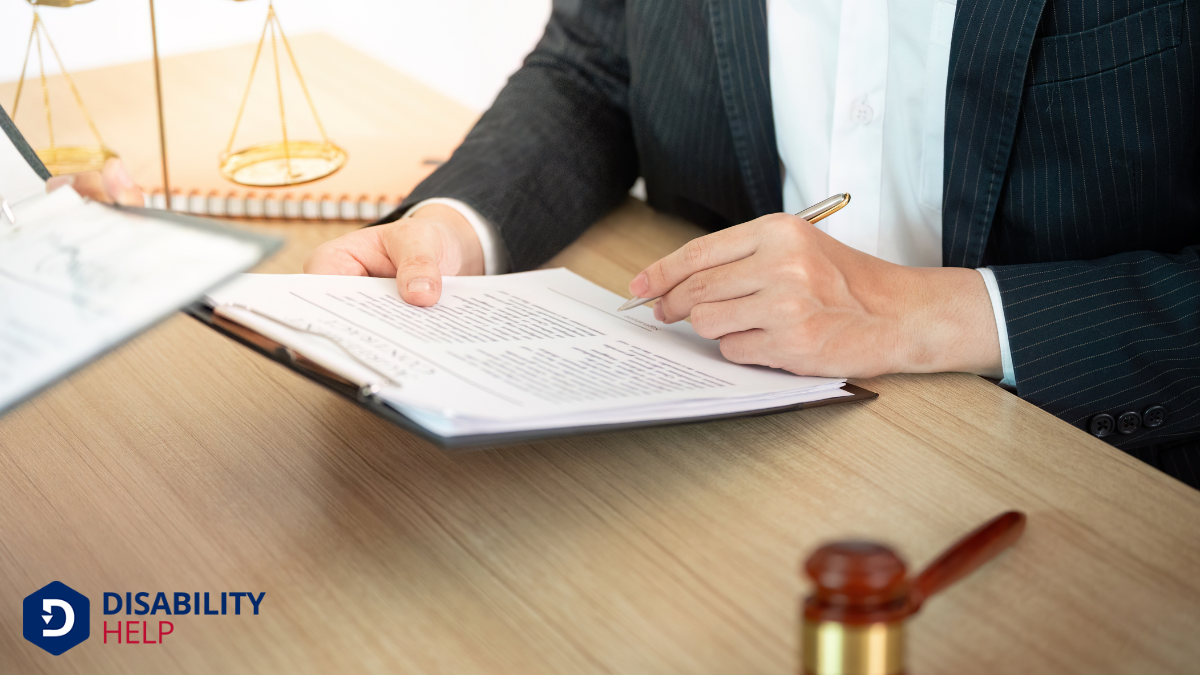When should we decide to sue for personal injury? It’s a question that can weigh heavily, especially when we’re dealing with the aftermath of someone else’s negligenceA legal concept where a party fails to exercise reasonable care, resulting in harm to another person.... We might wonder if our injuries are severe enough or if the compensation offered is fair. How do we navigate the complexities of liability and insurance settlements? Let’s consider the critical factors that could guide our decision-making process in such situations.
Key Takeaways
- Sue when negligence or intentional actions cause significant physical or emotional harm.
- File a lawsuit promptly, considering your state's statute of limitations to avoid losing the right to sue.
- Pursue legal action if injuries severely impact your ability to work, perform tasks, or enjoy hobbies.
- Consider suing if initial insurance offers are insufficient to cover medical bills and future expenses.
- Seek legal representationThe way people with disabilities are depicted in media, culture, and politics, often influencing pub... when fault is disputed or when facing overwhelming medical bills.
Understanding the Basics of Personal Injury Law
Before diving into the intricacies of personal injury lawThe area of law that deals with compensating individuals who have been injured, including those with..., let's grasp the fundamental concepts that guide it.
We recognize personal injury law revolves around providing compensation for harm caused by another party's negligence or intentional actions. This area of law exists to protect individuals from suffering physical or emotional harm without accountability.
When we contemplate pursuing a personal injury claim, we must determine if there’s a valid basis for legal action.
Key elements include the duty of care the responsible party owed us, a breach of that duty, and a direct link between the breach and our injury.
By comprehending these basics, we empower ourselves to make informed decisions.
Let’s verify we acknowledge these elements before deciding on any legal action.
Assessing the Severity of Your Injury

When we're thinking about suing for personal injury, it's essential to assess how our injury affects our long-term health and daily life.
We should consider whether it limits our ability to work, perform household tasks, or enjoy hobbies.
Understanding these impacts helps us determine the severity of our injury and the potential need for legal action.
Long-term Health Implications
Understanding the long-term health implications of an injury is essential when deciding whether to pursue a personal injury lawsuit. We must consider how an injury might affect our future well-being and quality of life.
For example, some injuries may seem minor initially but could lead to chronic painLong-lasting pain that persists beyond the usual recovery period or occurs along with a chronic heal... or mobility issues later. It’s important to consult with medical professionals who can provide insights into potential long-term consequences.
They can help us identify any risks of future complications or the need for ongoing treatment. By understanding these aspects, we’ll be better equipped to make informed decisions about seeking compensation.
Let’s remember that recognizing the full impact of an injury is vital in ensuring we’re adequately prepared for what lies ahead.
Impact on Daily Activities
Evaluating the impact of an injury on our daily activities is essential in determining its severity. If an injury disrupts our ability to perform routine tasks, like driving, working, or even simple activities such as cooking or bathing, it’s vital to acknowledge this disruption.
We must ask ourselves: Are we unable to engage in activities we once enjoyed or required, like exercising or socializing? These changes can indicate the injury's seriousness.
Assessing how our injury affects our roles, whether at home or work, helps us understand its full impact. If daily life becomes challenging or impossible due to pain or mobility issues, this could be grounds for legal action.
Understanding these disruptions can guide us in deciding whether pursuing a personal injury claim is necessary.
Determining Liability and Fault
Determining liability and fault in a personal injury case often hinges on a careful examination of the circumstances surrounding the incident.
We need to evaluate who acted carelessly and whether their actions directly caused the injury. This means looking at factors like road conditions, witness statements, and adherence to safety regulations.
We should ask ourselves who'd a duty of care and if they breached it. For instance, in a car accident, did someone run a red light or fail to yield?
Documenting evidence like photos and police reports can strengthen our understanding of fault.
We also need to be aware of contributory negligence, where both parties might share some blame.
Clarifying these details helps us determine if pursuing a lawsuit is the right course.
Evaluating the Potential Compensation
When we're considering a personal injury lawsuit, it's essential to understand the types of compensation we might pursue, such as medical expenses, lost wages, and pain and suffering.
We'll need to calculate the damages carefully to guarantee we seek a fair amount.
Finally, let's weigh the potential benefits of settling versus going to trial to decide the best path forward.
Types of Compensation
Understanding the types of compensation available in a personal injury case can help us make informed decisions about pursuing a claim.
In these cases, knowing what we can seek to recover provides clarity and peace of mind.
Here's a breakdown of the primary types of compensation:
1. Medical Expenses: We can claim costs for hospital visits, surgeries, medications, and ongoing treatments.
These expenses can quickly add up and impact our financial stability.
2. Lost Wages: If our injury prevents us from working, we can seek compensation for the income we've lost during recovery.
This helps alleviate the stress of not being able to support our families.
3. Pain and Suffering: We may be entitled to compensation for physical pain and emotional distress, acknowledging the broader impact on our lives.
Calculating Damages Amount
Although calculating damages in a personal injury case might seem complex, it’s essential for evaluating the potential compensation we could receive.
First, we need to take into account economic damages, which include medical bills, lost wages, and any other out-of-pocket expenses. We should gather all relevant documentation to establish the financial impact of the injury.
Next, we've to assess non-economic damages. These cover pain, suffering, and emotional distress. While harder to quantify, they’re equally important. We can use multipliers based on the severity of our injuries to estimate this.
Finally, we shouldn’t overlook punitive damages, which may apply if the other party’s actions were especially reckless.
Settlement vs. Trial
As we weigh our options in a personal injury case, deciding between a settlement and going to trial becomes vital. Evaluating potential compensation is fundamental to this decision.
Settlements often provide quicker resolutions, minimizing stress and uncertainty. However, trials might offer a chance for a larger award, though they come with risks.
Let's consider:
- Speed: Settlements are generally quicker, getting us back to normal life sooner.
- Certainty: Settling guarantees a specific amount, whereas trials could result in winning big or losing entirely.
- Cost: Trials can be expensive, potentially eating into our compensation, while settlements help in managing legal costs.
Understanding these factors helps us make informed decisions, aligning with our needs and circumstances.
Considering the Statute of Limitations

Knowing when to file a personal injury lawsuit is essential, and considering the statute of limitations is a key part of this decision.
We can't stress enough how important it's to understand this legal deadline, as it dictates the time frame within which we must initiate our claim. Each state has its own statute of limitations for personal injury cases, typically ranging from one to six years.
Missing this deadline can result in losing our right to sue, regardless of the injury's severity or fault clarity.
To guarantee we're on the right track, let's promptly gather all necessary documentation and consult with a qualified attorney.
They can help us navigate the specifics of our case's timeline, ensuring we don’t inadvertently waive our right to pursue justice.
Weighing the Impact of Insurance Settlements
When we contemplate pursuing a personal injury claim, evaluating the impact of insurance settlements becomes vital. Settling with an insurance company might seem straightforward, but let's guarantee we comprehend its full implications.
We need to weigh our options carefully, as settlements can affect us emotionally, financially, and legally.
- Financial Security: Will the settlement cover all our current and future expenses? It's essential to evaluate medical bills, lost wages, and long-term care.
- Emotional Relief: Settling might provide closure and reduce the stress of prolonged legal battles. But, will we feel satisfied with the outcome?
- Legal Considerations: Once we accept a settlement, we typically waive our right to sue. Are we ready to forgo further legal action?
We must thoughtfully assess these factors before deciding.
Identifying When Legal Representation Is Necessary
Considering the complexities of settling with an insurance company, it's clear that knowing when to seek legal representation plays a significant role in protecting our interests.
We must assess the severity of our injuries and the clarity of fault. If injuries are severe or long-term, or if fault is disputed, legal guidance becomes essential.
Often, an insurance company's first offer doesn’t fully cover our needs, and negotiating alone mightn't yield the best result. Legal expertise can help us navigate these challenges and guarantee fair compensation.
Additionally, if we're overwhelmed by medical bills or lost wages, an attorney's assistance can provide clarity and direction.
When stakes are high, having a professional by our side can make all the difference.
Preparing for the Legal Process

Before diving into the legal process, it's essential we equip ourselves with the right knowledge and resources.
This journey may seem intimidating, but understanding each step helps us face it confidently.
Let's focus on three significant preparations:
1. Documentation: Gather all relevant records, including medical reports, photographs, and witness statements.
This evidence paints a clear picture of our experience and strengthens our case.
2. Legal Consultation: Engage with an attorney who specializes in personal injury.
Their expertise guides us through the complexities of the legal landscape and guarantees we don’t miss any critical details.
3. Emotional Readiness: Acknowledge the emotional toll this process might take.
It's essential we prepare ourselves mentally and seek support when needed.
With these steps, we're ready to navigate the legal journey ahead.
Understanding Possible Outcomes and Expectations
As we move forward in our personal injury case, it's important to understand the possible outcomes and set realistic expectations.
We might find ourselves with a settlement offer, which is a resolution before going to trial. Settlements can provide quicker compensation without the stress of a courtroom.
However, if we proceed to trial, there's a chance for a higher award, though it involves more time and uncertainty.
We should also be prepared for the possibility of receiving less compensation than we anticipated or even none at all if the case doesn't go in our favor.
It's vital to weigh the risks and benefits and consult with our legal team to make informed decisions.
Staying informed helps us manage expectations and navigate this journey wisely.
Conclusion
In maneuvering through the complexities of personal injury cases, we must stay informed and proactive. Let's assess our injuries, determine liability, and evaluate compensation carefully. We can't overlook the statute of limitations, as time is of the essence. If insurance settlements fall short, obtaining legal representation is vital. By preparing for the legal process and understanding potential outcomes, we're better equipped to protect our rights and secure the justice we deserve. Let's take action when necessary.






